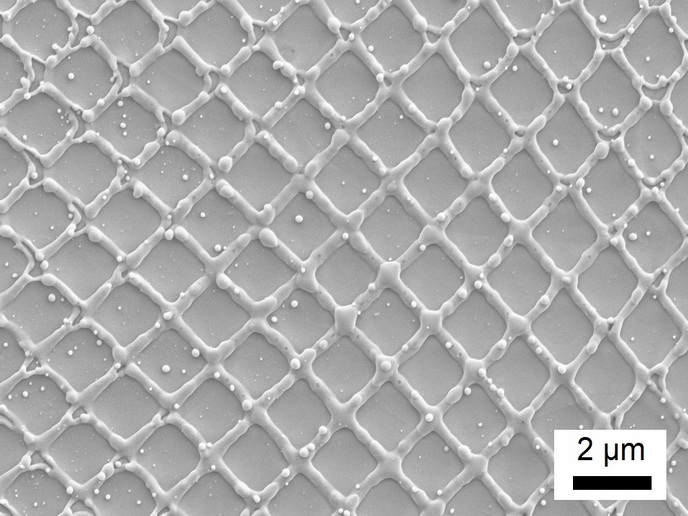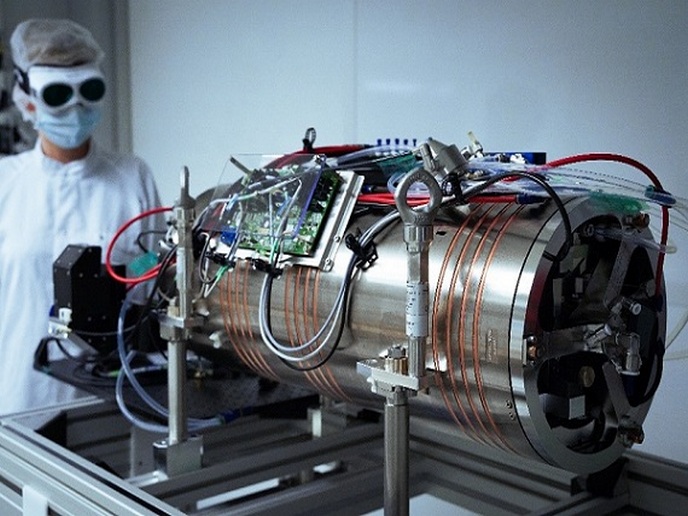Staying in the comfort zone increases productivity
People who are satisfied with their work setting have been proven to be healthier and to work more effectively. The extent to which they are content with their environment (thermal comfort) is not only affected by factors such as metabolic rate, clothing insulation, temperature and humidity, but also by their individual personality. But, despite the evidence, only one tenth of an office building's total operating costs are spent on optimising its thermal environment. The EXCOMMOD IBP (A holistic exergetic model of thermal comfort including the individual thermal background and productivity of an office worker in summertime) project designed a theoretical thermal comfort model and algorithms. The aim was to develop a new holistic model of thermal comfort in the office environment by implementing the thermal background and behavioural actions of an individual human being. A series of five experiments were designed that allowed indoor conditions to be carefully controlled while enabling the subject to view the outside environment and interact with windows, shades and other features in the room. Researchers studied the psychological, physiological and behavioural responses of men and women between 20 and 30 years of age to different thermal environments during summer. The data analyses of these studies were augmented with interdisciplinary and international discussions and a comprehensive literature review. The result was a framework for an adaptive heat balance model, which included as behavioural actions the adaptive clothing behaviour of office workers and their thermal background. The model was based on existing thermal comfort models and can be easily implemented into existing simulation programmes. The proposed innovative model is expected to result in a healthier and more productive European workforce. EXCOMMOD IBP outcomes will also lead to energy-efficient buildings, thus helping to achieve the EU's targets for moving toward a competitive low-carbon economy.







